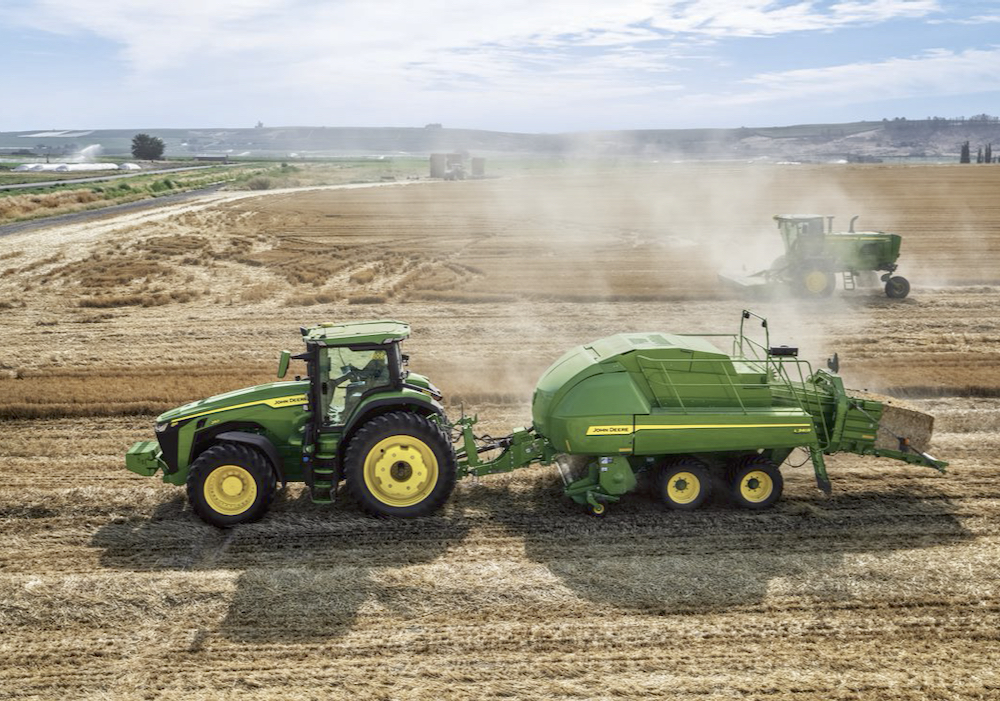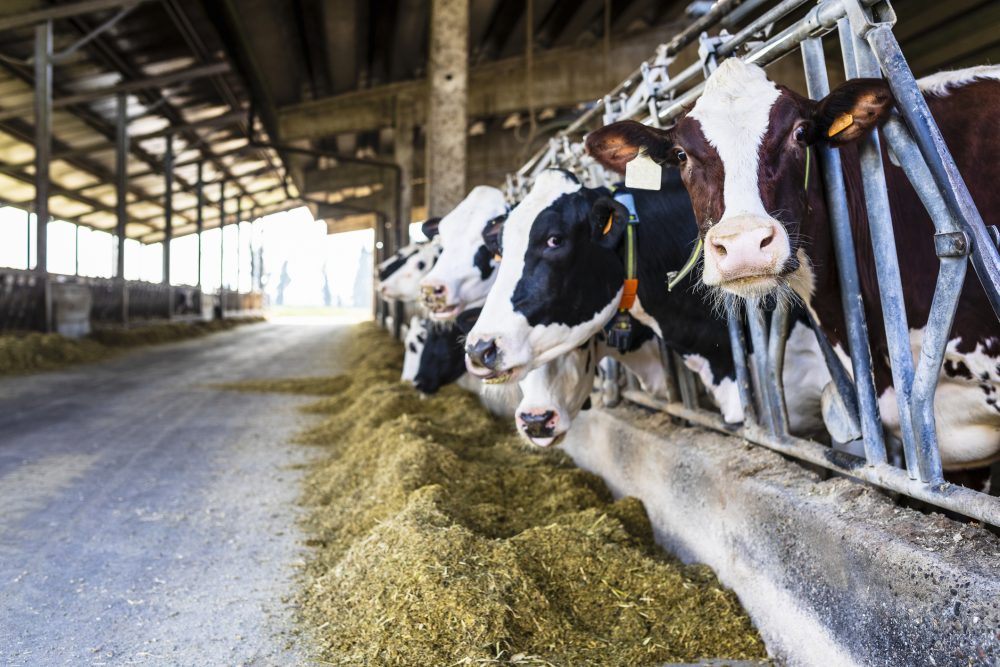Deere beats profit targets as strong pricing, cost cuts counter slow demand

Deere & Co beat analysts’ expectations for third-quarter profit on Thursday, as stronger pricing and cost control measures protected its margins from sluggish demand for its farm equipment.
Shares of the world’s largest farm equipment maker rose six per cent, lifting peer Caterpillar, which also reported a profit beat last week amid moderating demand, nearly three per cent.
Higher prices, implemented two years ago following supply chain complications and a surge in demand for industrial and agricultural equipment, have helped U.S. machinery makers to shield their profits from an industry-wide slump.
Read Also

US undercounts bird flu in cattle as farmers shun testing
The U.S. bird-flu outbreak in dairy cattle is much larger than official figures suggest due to farmers’ reluctance to test their animals and risk the economic consequences of a positive result, according to Reuters interviews with dairy experts, veterinarians, and farmers in six states with known cases.
“Deere’s pricing power was reflected well in Q3 as price helped to dampen impacts from contracting volumes,” CFRA Research analyst Jonathan Sakraida said.
Deere maintained its 2024 net income at about US $7 billion, even as sales of new machines have shrunk amid a decline in crop prices and high borrowing costs, which have also forced dealers to limit inventory restocking.
U.S. farm incomes are forecast to plunge in 2024 due to a sharp decline in commodity prices, heightened production costs and shrinking government support.
“By keeping inventories in check, we have been able to maintain solid price realization,” said Deere’s director of investor relations, Josh Beal.
Deere also said it expects an improved favorable price realization in its agriculture segments in 2024 compared to its previous targets.
For the third-quarter, Deere reported a net income of $6.29 per share, compared with LSEG estimate of $5.63, while net sales and revenue decreased 17 per cent to $13.15 billion.
“We’ve prudently and proactively adjusted production schedules in our large agriculture business at a faster pace than ever before, in order to reduce field inventory in our end markets,” CEO John C. May said.
Deere said in June it would cut some production jobs and reduce salaried employees to keep a tight lid on costs.
Source: Farmtario.com

